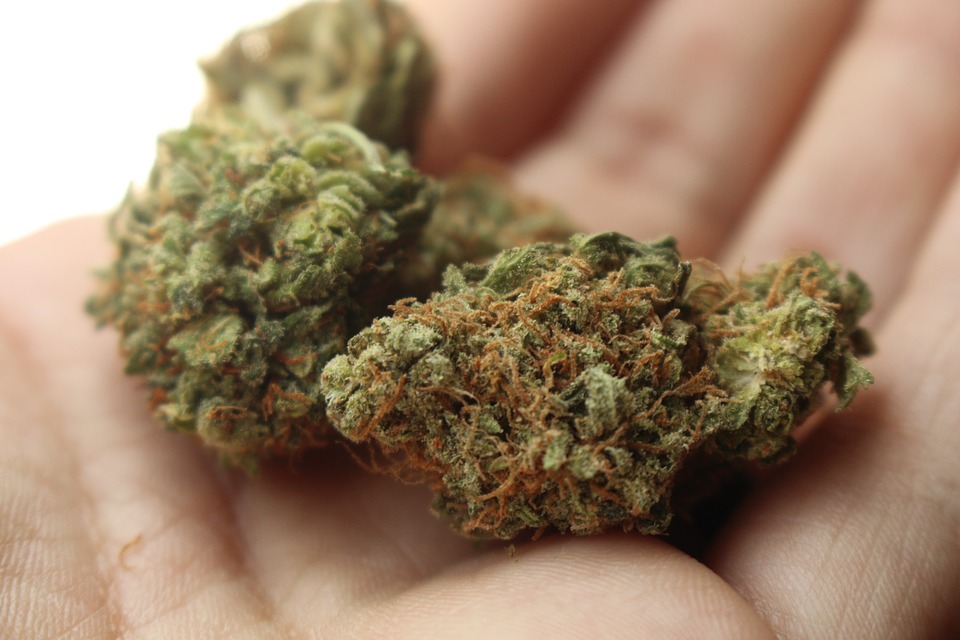In recent years, the debate on legal cannabis has gained more and more space globally. While some countries have embraced legalization for both therapeutic and recreational use, others maintain a more restrictive position. In Italy, the issue of legal cannabis is still a matter of discussion, with regulations that allow the sale of light cannabis, but with strict limits on the percentage of THC.
What is Legal Cannabis?
Legal cannabis, often called light cannabis, refers to varieties of cannabis with a THC (tetrahydrocannabinol) content of less than 0.2%-0.6%, depending on national regulations. This substance is responsible for the psychoactive effects of traditional cannabis. On the other hand, legal cannabis has a high content of CBD (cannabidiol), a compound known for its relaxing and therapeutic properties.
Benefits and Uses of Legal Cannabis
Cannabis light is used for various purposes, including:
- Well-being and relaxation: CBD has relaxing effects and can help reduce stress and anxiety without psychoactive effects.
- Pain and inflammation: Some studies suggest that CBD has analgesic and anti-inflammatory properties.
- Sleep disorders: Many users report an improvement in the quality of sleep thanks to the calming effects of CBD.
- Cosmetics sector: Cannabis light is also used in skin products thanks to its hydrating and soothing properties.
The Regulatory Situation in Italy
In Italy, Law 242 of 2016 regulated the cultivation and sale of hemp with a THC content of less than 0.2%. However, recreational use remains illegal and the law is subject to interpretations that often generate uncertainty among producers and consumers. Recently, there have been legislative proposals for clearer regulation and a possible legalization of recreational cannabis, but the debate remains heated.
Economic Opportunities and Challenges
The legal cannabis market is booming, with an increase in companies producing and marketing CBD products. According to some estimates, the sector could generate billions of euros and create thousands of jobs. However, there are challenges:
- Uncertain regulation: The lack of clear legislation penalizes the growth of the sector.
- Competition with the illegal market: The black market continues to be a reality to contend with.
- Information and stigma: Many consumers are still wary of cannabis, associating it exclusively with illicit use.
The Future of Legal Cannabis
The future of legal cannabis will depend on political decisions and public perception. Countries like Canada and the United States have shown that regulated legalization can bring economic and social benefits, reducing the black market and ensuring safer consumption. Italy could follow this trend, but this will require a broad debate and a change of perspective in institutions and society.
Ultimately, legal cannabis is an evolving sector, with great opportunities but also numerous challenges. It remains to be seen whether the country will choose to adapt to the most advanced models or maintain a conservative approach to the issue.



